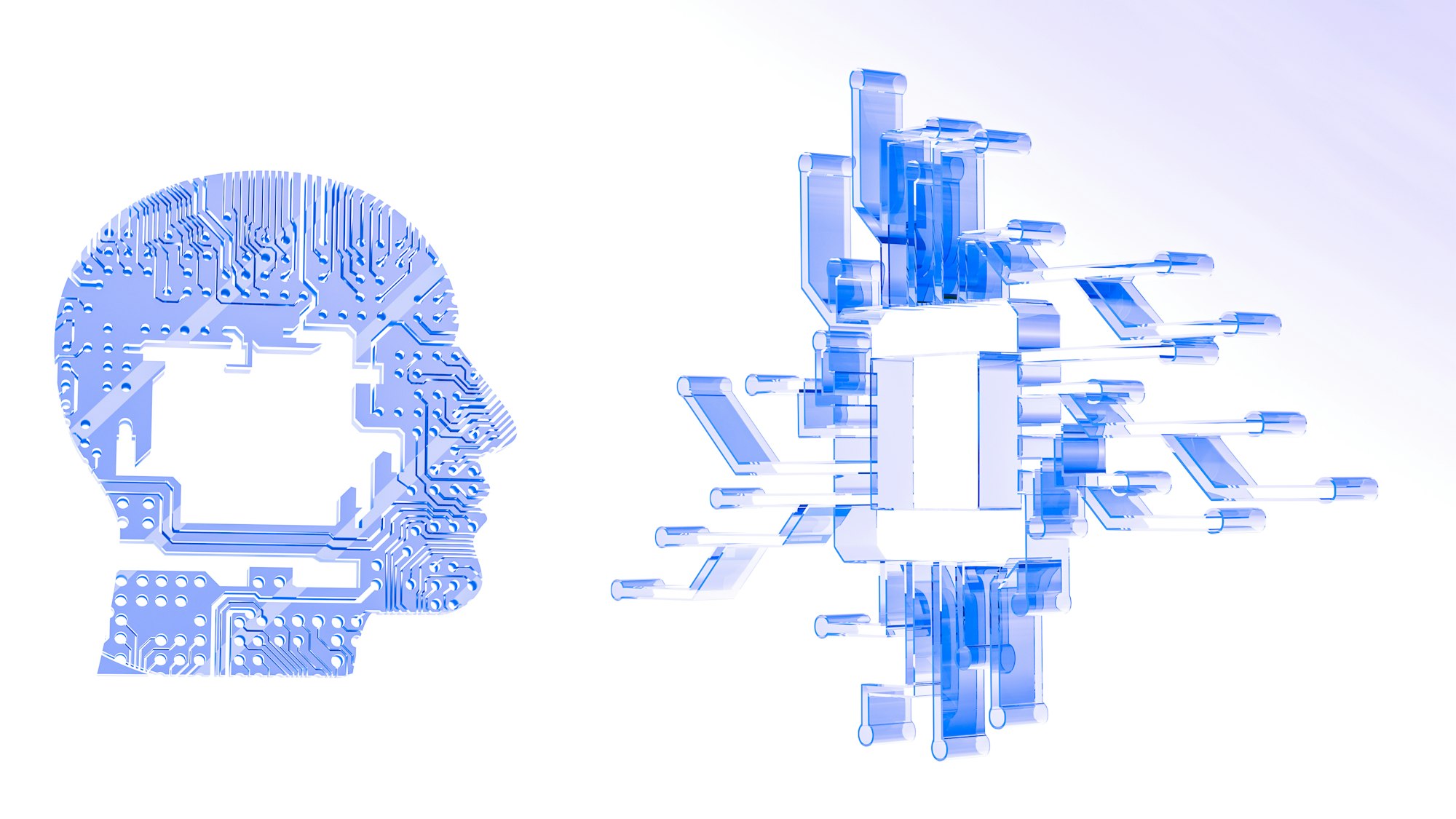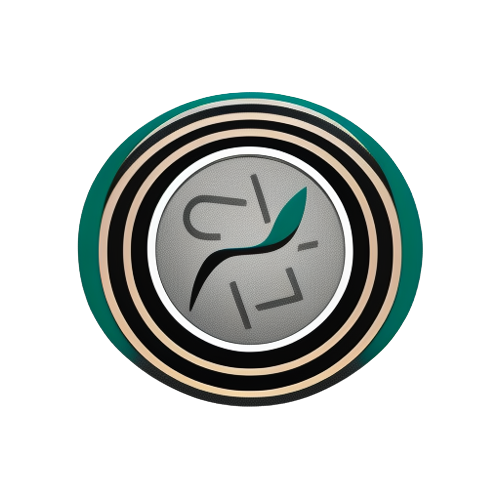AIGC in Healthcare: Enhancing Diagnosis and Treatment

The use of Artificial Intelligence and Genetic Computing (AIGC) in healthcare has revolutionized the way we diagnose and treat various medical conditions. With advancements in technology, AIGC has become an invaluable tool for healthcare professionals, providing them with accurate and efficient solutions.
One of the key advantages of AIGC in healthcare is its ability to analyze large amounts of patient data in a short period of time. This enables healthcare providers to make timely and informed decisions, leading to improved diagnosis and treatment outcomes.
AIGC algorithms are designed to identify patterns and trends in patient data, allowing healthcare professionals to detect early signs of diseases and develop personalized treatment plans. By harnessing the power of machine learning and genetic algorithms, AIGC can predict the likelihood of disease progression and recommend the most effective treatment options.
Furthermore, AIGC can assist in medical image analysis, enhancing the accuracy of diagnostic imaging tests such as MRI and CT scans. By applying deep learning algorithms, AIGC can identify subtle abnormalities that may be missed by human observers, helping to prevent misdiagnosis and ensuring timely intervention.
In addition to diagnosis, AIGC plays a crucial role in treatment optimization. By analyzing patient data and clinical trials, AIGC can suggest the most suitable treatment protocols, taking into account factors such as genetic predisposition, drug interactions, and treatment response. This personalized approach to treatment leads to better patient outcomes and reduces the risk of adverse reactions.
Overall, the integration of AIGC in healthcare has paved the way for significant advancements in diagnosis and treatment. By leveraging the power of artificial intelligence and genetic computing, healthcare professionals can provide more accurate and personalized care, ultimately improving patient outcomes and transforming the healthcare industry.
